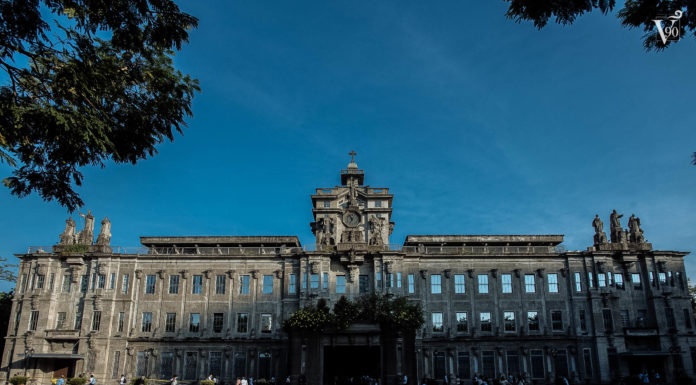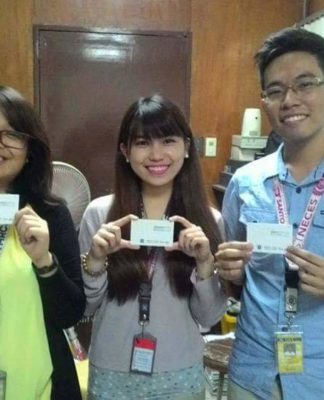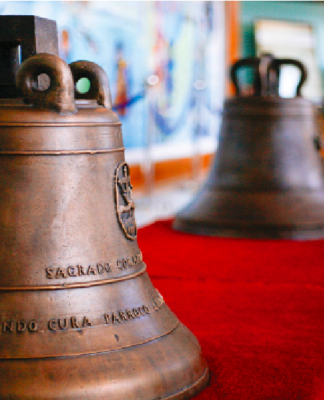THOMASIAN journalism stalwart and Philippine Daily Inquirer founder Eugenia Duran-Apostol received The Ramon Magsaysay Award for Journalism, Literature, and Creative Communication Arts last Aug. 30.
Notable Thomasian writers who have received the same honor which many consider as the Asian Nobel Prize include National Artists F. Sionil Jose and Bienvenido Lumbera.
“That I should be chosen as one of these men and women honorees was far from my wildest dreams,” Apostol said during her acceptance speech at the Cultural Center of the Philippines Main Theater. “I shall never agree with anyone saying that I am worthy of this award.”
Apostol was awarded for her “courageous example in placing the truth-telling press at the center of the struggles for democratic rights and better government,” according to the Magsaysay Award citation.
Apostol majored in Litt. Journalism B in the former Faculty of Philosophy and Letters in 1948, and worked for the Manila Times and Manila Chronicle as the editor of the papers’ women’s section.
During her lecture at the Ramon Magsaysay Center last Sept. 1, Apostol emphasized the watchdog role of the media.
“The main job of the newspaper is to be a watchdog, not to be anybody’s puppy dog or tuta,” Apostol said.
In her career as a journalist, Apostol kept this ideal. During the Martial Law, she published Mr. & Ms. magazine which, while a lifestyle magazine, also published political columns critical of the dictatorship.
In 1983, when Ninoy Aquino was assassinated, she published Mr. & Ms. Special edition which covered the assassination and political unrest.
In 1985, she spun off the Inquirer, a daily newspaper as the mouthpiece of the political opposition, which had been covering inquiry into the assassination and the snap elections which had been called for by President Ferdinand Marcos.
During Joseph Estrada’s presidency, Apostol established Pinoy Times, a political tabloid. The daily ran stories about Estrada’s fondness for luxury and his mistresses. Apostol said that there came a time when she herself would hunt Estrada’s mansions and photograph them.
Both the Inquirer and Pinoy Times enjoyed wide readership but lost revenues when Estrada’s allies pulled out their advertisements.
“An unexpected outcome of the advertisement boycott was the unprecedented outpouring of public support,” Apostol said. She added the two papers led the movement to topple President Estrada for corruption.
Today, Apostol has returned as publisher of Mr and Ms, which she has reformatted into a health and spiritual magazine.
Other recipients of Ramon Magsaysay Award were Ek Sonn Chan (Cambodia) for Government Service; Park Wok Soon (Korea) for Public Service; Antonio Meloto and Gawad Kalinga (Philippines) for Community Leadership; Sanduk Ruit (Nepal) for Peace and International Understanding; and Arvind Kejriwal (India) for Emergent Leadership.
The Ramon Magsaysay Award was organized in 1957 in honor of the charismatic former President Ramon Magsaysay who died in a plane crash. The recognition is given to individuals or organizations that have contributed positively to the lives of the people in Asia. Since 1958, the award has been given to more than 250 individuals and organizations.
The recipients of the awards are given a gold medal etched with the face of Ramon Magsaysay and a cash prize of US$50,000.
Apostol said she would use the cash prize to fund the Education Revolution advocacy, which her Foundation for Worldwide People Power had started three years ago. Ivan Angelo L. de Lara















